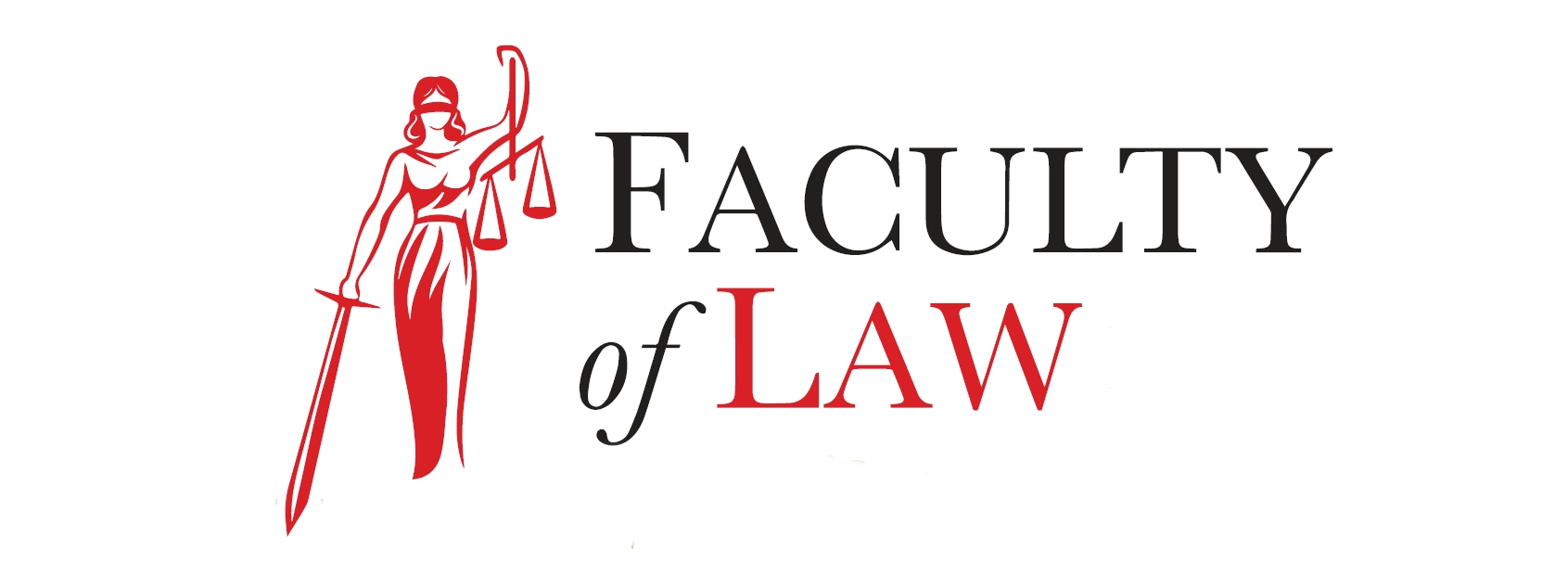The content and information presented below are not veterinary advice. Nor is it a substitute for
consultation with a veterinarian. dotsure.co.za is not responsible or liable for any advice or any other
information provided herein.
One of the common questions dog owners ask is: does it matter if my dog licks my face or if my dog
kisses me on the mouth?
The answer is not the same for all our furry friends.
In most cases, dogs’ saliva and tongues do not carry zoonotic diseases, which are diseases that we
can get from our dogs. A dog’s mouth contains just as many variants of bacteria as our mouths, 600+.
It was generally believed that dogs’ mouths could be cleaner than humans’ mouths. This might not
necessarily be the case. Tartar and halitosis in dogs are typically started by bacteria and can lead to
similar oral diseases that humans get, i.e., gingivitis, caries, root tooth abscessation, etc. The bacteria
found in dogs’ mouths are specific to them and mostly different from those in our mouths. Swopping
the saliva with healthy dogs should not cause any adverse effects other than shrieks from the
audience watching your party tricks on the latest version of “South Africa’s got Talent.”
However, dogs’ mouths can be contaminated by their environment. The food they eat can influence
their oral hygiene and oral environment. Some raw foods may contain zoonotic diseases that may be
harboured in the mouth and saliva of our furry friends. The cooking and processing of dog foods tend
to sterilise these pathogens in most cases. All raw food is not bad. It depends on where the raw
ingredients are sourced and how they are stored. Diseases caused by salmonella, tapeworm,
clostridium, etc., may occur. Remember, most dogs lick themselves or their mates, and some eat
their poop. Some dogs also thrive on raiding the kitty litter box, and one can just imagine how clean
these are.
In areas with endemic rabies infections, care should be taken with allowing dogs that you are not
familiar with to lick you. Rabies is a zoonotic infection with no cure! While our mucosal membranes
of the mouth, nose, eyes, and ears absorb bacteria very easily, open wounds are at a higher risk of
harbouring and forming a suitable environment for culturing bacteria of all kinds. If you allow your
dog to lick your wounds, which was widely used by the early Egyptians as a wound healing
technique, it may create more infections and slower wound healing.
Good mouth hygiene is essential for the health of our pets. This all starts with healthy sources of
foods – raw, cooked, or processed. Healthy treats need to be replaced or removed if left lying
around. Bones can cause cracked and broken teeth and, together with hooves, may cause blockages
in the gut. If raw bones are left lying around for periods of time, they tend to attract flies and
bacteria that may cause toxins that our pets may ingest. Brushing your pets’ teeth daily is always a
good practice to start with when they are still young. However, use the appropriate brushes and
toothpaste. These are sold at vet shops or your local vet’s practice. Do not use human toothpastes as
these contain xylitol and fluoride, which are not well tolerated in the body of our pets.
So, the answer is in you knowing your dog and its habits. Knowing what your dogs get up to should
inform your decision to allow them to lick your face.
Good pet oral hygiene begins with great pet insurance made for great pet parents. Visit ![]() dotsure.co.za
dotsure.co.za
today for an obligation free quote and get in on the secret that thousands of pet parents already
know.
























Leave a Reply